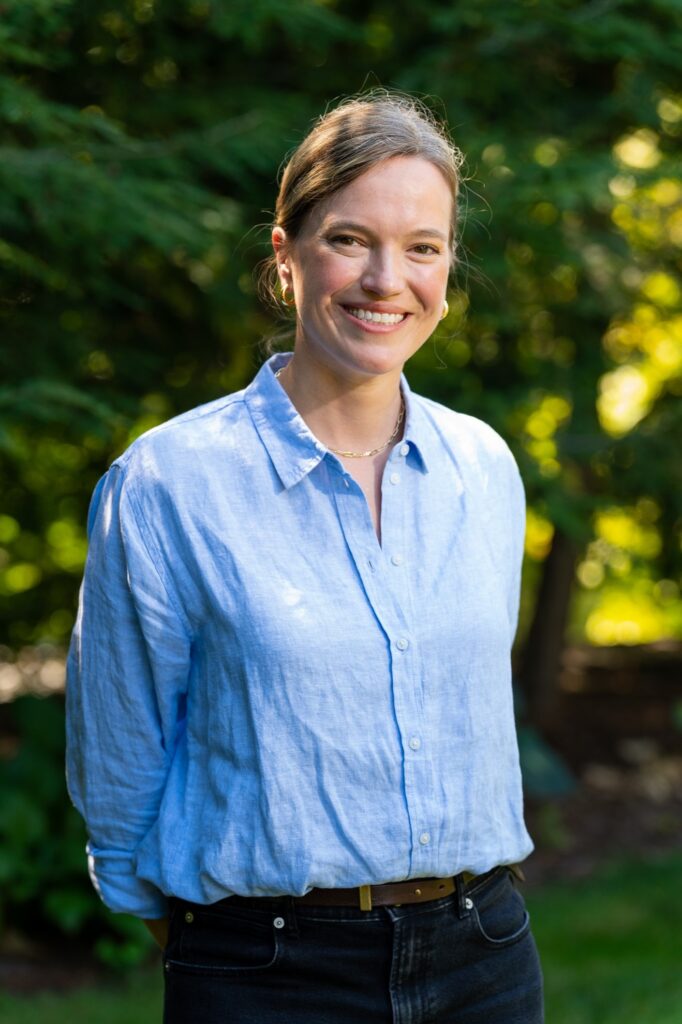 On Cornell University Week: Can cinema go green?
On Cornell University Week: Can cinema go green?
Carolyn Fornoff, assistant professor of Latin American Studies, examines how.
Carolyn Fornoff is assistant professor of Latin American studies at Cornell University. Her work examines how Mexican and Central American cultural production responds to environmental crisis. She is the co-editor of two volumes in the environmental humanities: Timescales: Thinking Across Ecological Temporalities (University of Minnesota Press, 2020) and Pushing Past the Human in Latin American Cinema (SUNY Press, 2021). Her monograph, Subjunctive Aesthetics: Mexican Cultural Production in the Era of Climate Change, is forthcoming with Vanderbilt University Press.
Greening Mexican Cinema
Cinema as a medium can capture the stories of climate change and inspire audiences to act. Behind the scenes, the film industry is also reassessing how to make cinema more sustainable, mostly by focusing on how to reduce waste and emissions when making movies. But what about how films are shown? Streaming has changed the way we consume cinema, by bringing it into our homes.
On the one hand, this has led to a democratization of cinema, allowing viewers access to a wide variety of global and indie films. But streaming also has a bigger environmental footprint. It has more data demands and produces lots of electronic waste when flat screen tvs and handheld devices are thrown away. So what are other ways to reimagine film presentations for a more sustainable world?
One exciting model for greening film screenings uses bicycles to power their equipment. Cine Móvil Toto, a nonprofit organization in Mexico, brings cinema to rural areas without access to traditional movie theaters or to the bandwidth needed for high-res streaming. In their emissions-free model, attendees pedal bikes that are hooked up to the film equipment in order to power it. This manpower is supplemented by solar panels that fuel the projector.
Such models offer exciting possibilities to green cinema and expand audience access. It makes the energy demands of cultural consumption visible, and involves audience members in its production. It brings the community together around a shared experience. Sustainable solutions do not need to reinvent the wheel. Instead, technologies like bicycles can be used imaginatively to help bring about a better future, one that is modeled around community and sustainability.
Read More:
[University of Minnesota Press] – Timescales – Thinking across Ecological Temporalities
[SUNY Press] – Pushing Past the Human in Latin American Cinema


Comments
One response to “Carolyn Fornoff, Cornell University – Greening Mexican Cinema”